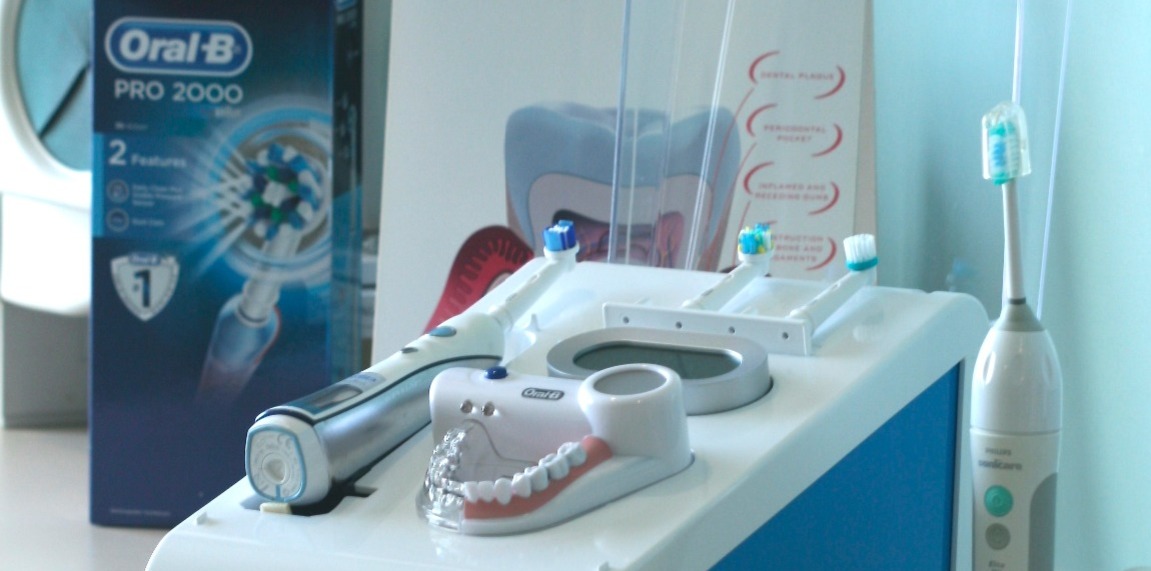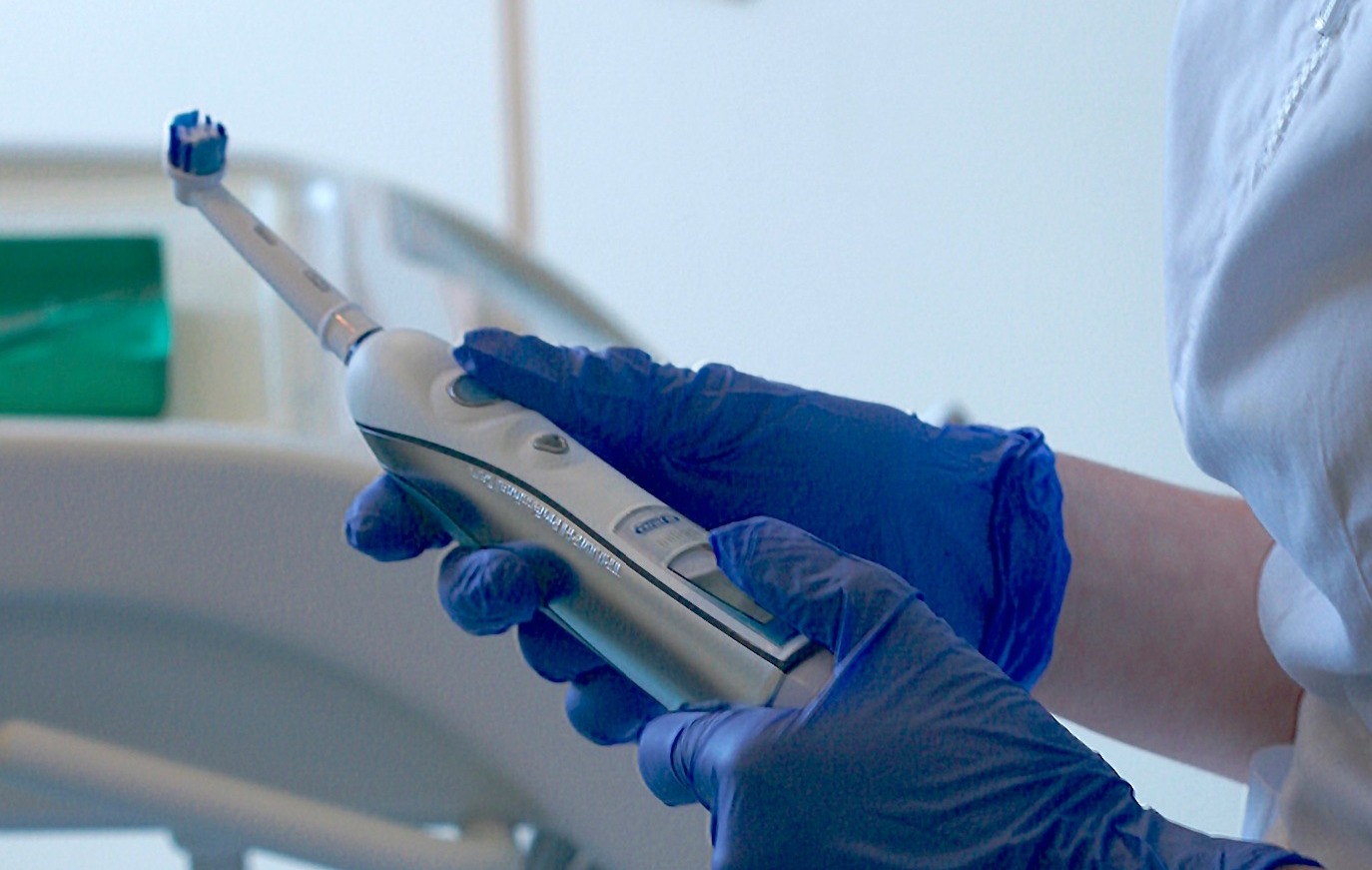Gum Disease
Am I at risk of developing gum disease?
Gum disease (or periodontal disease) is the major reason teeth are extracted amongst adults. A certain number of people (15-20%) have immune systems which overeact to the presence of bacteria in their mouths. In these people the immune system attacks the gum’s attachment to the teeth and destroys the surrounding tissue and bone. Unfortunately this process causes few symptoms (often only occasional bleeding gums) and can go on unnoticed by the patient. It can often only be picked up by either dentists or hygienists. All ages should be regularly checked for the presence of gum disease.
How can I look after my gums?
It is good to remember that healthy gums do not bleed. As they are your teeth, you are the most important member of the hygiene team. The work of the dentist and the hygienist is wasted if you don’t carry out impeccable home care of your teeth. We can’t clean your teeth for you every day. You may have to adopt new oral hygiene techniques to make sure your gum health improves.
Alas there is no cure for gum disease, but it is treatable and can be controlled with a combination of excellent home care and regular hygiene visit with us.

Smoking- Smokers suffer from more gum disease. It has been shown that smoking makes you significantly more susceptible to gum disease. Smokers’ gums will respond much more slowly than those of non-smokers.
Stress- Stress affects the immune system and therefore when one is stressed one is less able to fight off the bacteria that cause gum disease.
Dental Neglect- People who visit the dentist infrequently increase their risk of all dental disease, because early signs are not picked up and treated.
Poor diet- If your diet is not well balanced you may be at a higher risk of developing gum disease.
If I have gum disease will it affect my health in general?
Heart disease- It has been shown that people who suffer from gum disease are much more likely to suffer from heart disease.
Strokes- Studies have shown that the fatty deposits in blood vessels of stroke suffers contain bacteria, some of which are mouth bacteria.
Diabetes- Diabetics are much more likely to suffer from gum disease and it can make it more difficult for them to have good control of their blood sugar. There is also evidence that people with gum disease are more likely to become diabetic.
Premature birth- Pregnant women who have gum disease may have a significantly higher risk of having giving birth prematurely.

Brush teeth twice a day with a fluoride toothpaste.
Floss or use something to clean in between your teeth (such as Tepe brushes)
Have regular dental check-ups and hygiene visits
Eat a well balanced diet
Don’t smoke or give it up







